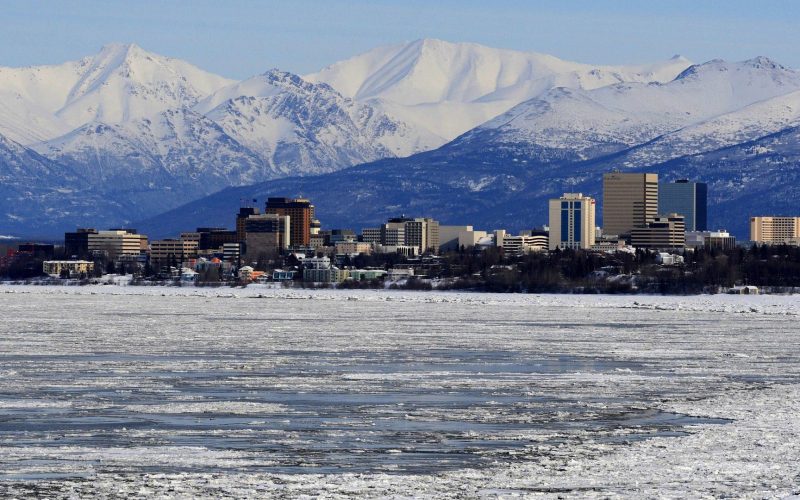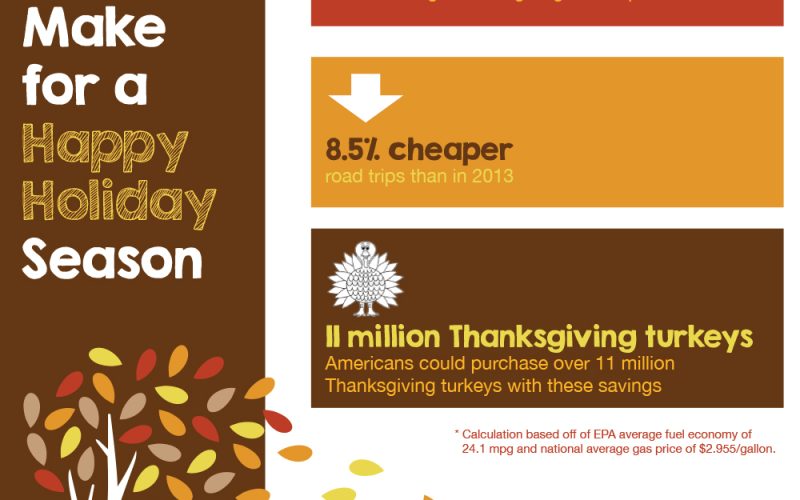THE VOICE FOR THE ENERGY CONSUMER

Join Fellow Alaskans to Support Offshore Energy: Alaska’s energy future is NOW. Leaders in Washington, DC are on the verge of making critical decisions that will determine whether we can.

CEA- Texas hosted its most recent Energy 101 Breakfast at River Oaks Country Club in Houston last week. The breakfast again looked at Risk Mitigation in the energy industry with.

When you think of Thanksgiving rituals – driving to Grandma’s, roasting the Thanksgiving Turkey or watching football – you probably don’t stop to think how energy prices affect your holiday.
Differences in the candidates for Colorado’s top offices were clear Tuesday at a campaign stop in Westminster devoted to how the candidates for governor and the U.S. Senate would approach.

Planning on traveling for the holidays? Your road trip will be cheaper this year thanks to record levels of U.S. and Canadian oil production. Increased crude output combined with.

Data from the Energy Information Administration shows that American farms are major energy consumers, with energy costs making up a large part of a farmer’s expenses. The EIA reports that.
After the results are tallied across the nation and new members are sworn in, the Congress and administration will begin to forge their policy agendas for President Obama’s final two.

Gas prices are the lowest they have been for four years according to AAA. Increased crude output combined with lower demand have driven the national gasoline average price under $3.
As a part of its overall goal to ensure the increased production of domestic energy, lower energy prices and increased energy security, Consumer Energy Alliance (CEA) engages in many state-level.
WASHINGTON — Arctic drilling may not be a top tier topic in the Nov. 4 mid-term elections, but new polling suggests that endorsing oil and gas exploration in remote waters.